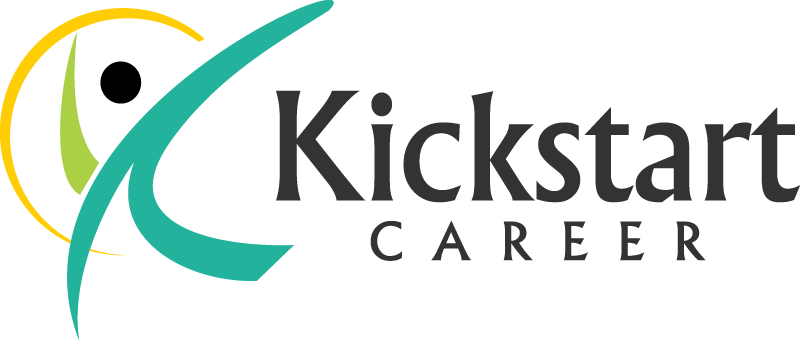Biggest Disadvantage of ChatGPT for a Job Search
Limitations of ChatGPT
ChatGPT is a great tool for researching information and building writing skills. It can be helpful in many aspects of a job search. But there is a MAJOR part of a job search where ChatGPT can’t help and possibly can hurt: Building Professional Connections and Relationships!
Building a community of professionals with similar career interests is a robust and durable method for faster career transitions and advancement. The purpose of this community is to support each other in their respective career goals. This approach is not transactional, superficial, or short-term. ChatGPT can’t help you create direct, mutually-beneficial, long-term relationships.
The best way to build this community is to show up in direct conversations. Don’t have a bot speak for you. With direct conversations, you more easily communicate curiosity about others, transparency, offers to help, and creativity to brainstorm concrete and helpful ideas. Direct talks demonstrate a commitment to long-term support.
Career coaches always recommend networking. I like the analogy of a bank account. With a regular investment of time and support to others, you will have a sizable amount of goodwill that will be easy to “withdraw” when you ask for assistance in return.
Why is Networking so important?
- From my experience as a corporate recruiter, I know that most companies want to hire 40%+ of their hires with employee referral programs.
- A significant percentage of jobs are never posted publicly. The ONLY way to hear about the opportunity is from people you know.
How to Start a Professional Community?
- Identify people with shared interests – both professional and personal. OK, I was wrong… ChatGPT can help with this step of professional networking. But I recommend you start first with people you know: friends, classmates, family friends, former colleagues, and neighbors. Keep the initial list to approximately 30 – 50 people. A longer list can be overwhelming.
- Contact 2-3 people every week. Ask them for a time to chat to discover how you can support each other now or in the future. In the meetings, focus on learning about their career and identifying how you might support their goals. Also, share details of your career interests with them.
How to Prepare for the First Conversation?
- Write four questions that you want to learn from the person. Make this detailed and something you can’t learn about them from their LinkedIn profile or their company website.
- Think about what you can offer them. There is a good chance you won’t have a specific idea before talking with them. However, having the sincere intention of helping will trigger some ideas. And even if you don’t have a concrete idea, merely making a genuine offer builds a more trusting and deeper relationship. An example is: “Thank you for sharing your insights and chatting with me. And while I don’t know how to repay you, what are some of your professional goals? Perhaps I know someone or can watch for articles on that topic to send you.”
What to do After the Meeting?
- Send a thank you note within 24 hours. Reiterate your appreciation for their time and what you learned from the meeting.
- Request to connect on LinkedIn.

